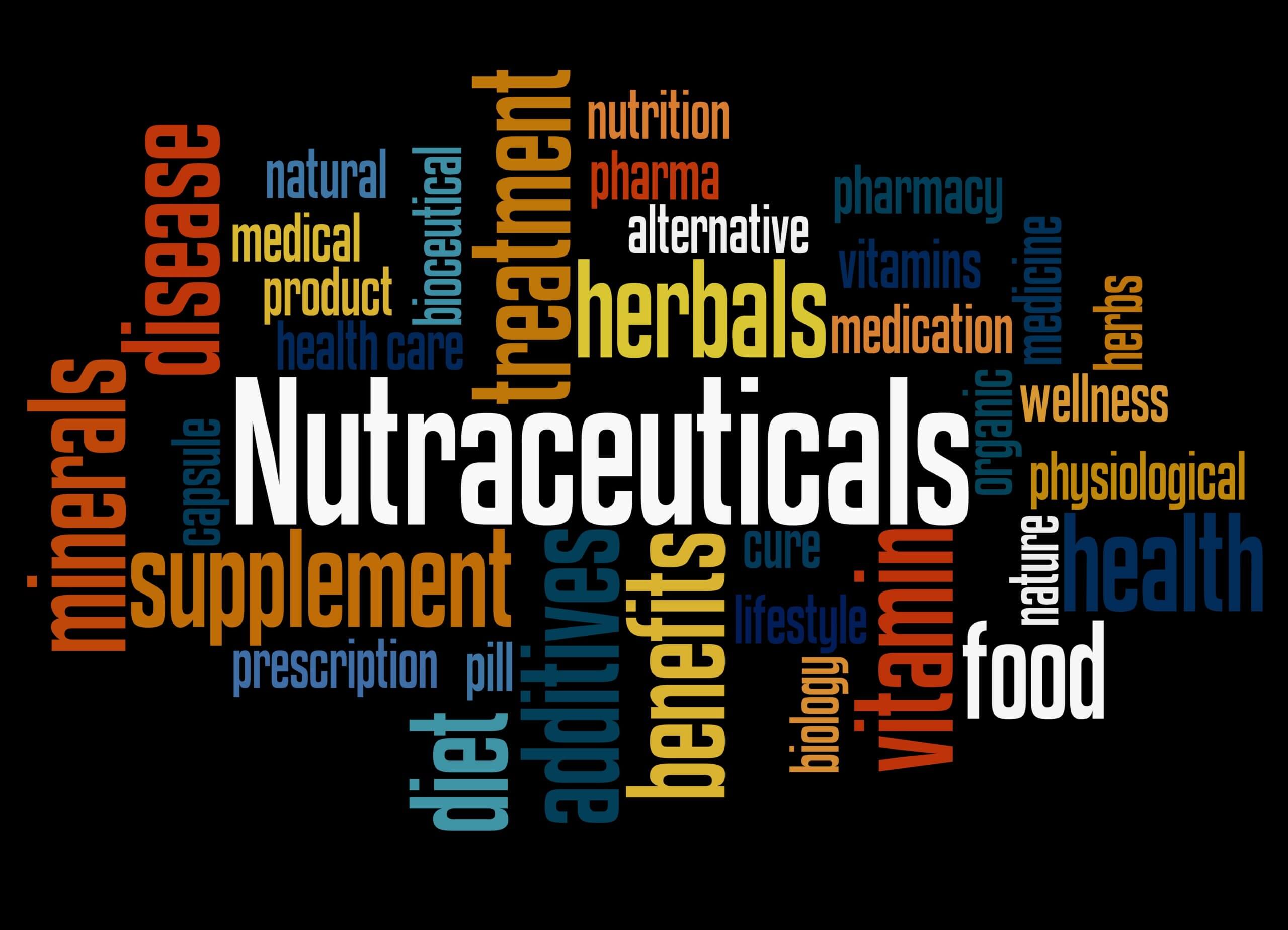

Products that fall under the category of nutraceuticals can be categorized as biological therapies that are non-specific and are used to improve overall health, manage symptoms, and prevent cancerous processes.
The words “nutrient,” which refers to a component of food that provides nourishment, and “pharmaceutical,” which refers to a drug used for medicinal purposes, are combined to form the phrase “nutraceutical.” Stephen DeFelice, who is also the chairman of the Foundation for Innovation in Medicine and the company’s creator, came up with the name in 1989. The Foundation for Innovation in Medicine is an American organization headquartered in Cranford, New Jersey.
The ancient Greek physician Hippocrates, also known as the “father of medicine,” is credited with coining the phrase “let food be your medicine.” This idea underpins the development of nutraceuticals, which emphasizes disease prevention. It is one of the most important fields of inquiry because of the wide-ranging ramifications it has for consumers, healthcare practitioners, regulators, food manufacturers, and distributors. Their significance in human nutrition
In general, the concept of nutraceuticals and the items that are associated with them is contingent upon the source. The natural origins of these items, the pharmacological disorders they treat, and the chemical makeup of the medicines themselves are all relevant factors that can be used to categorize one another. Dietary supplements, functional foods, medical foods, and farmaceuticals are the categories most commonly used to classify nutraceuticals.
A product is considered a dietary supplement if it contains nutrients derived from food sources and is typically concentrated in the form of a liquid, capsule, powder, or tablet. The Food and Drug Administration (FDA) of the United States regulates dietary supplements in the same way that it governs foods in general; however, this regulation is distinct from the regulation that applies to pharmaceuticals and other food products.
According to their definition, which is commonly acknowledged, functional foods include both whole foods and fortified foods, as well as enhanced or enriched dietary components that may lower the risk of developing a chronic disease and provide a health benefit in addition to the traditional nutrients they contain.
Under the direction of a trained medical professional, medical food can either be swallowed whole or broken up into smaller portions for internal administration. The particular dietary management of a disease or condition that has distinct nutritional requirements that are specified by the medical assessment and on the basis of accepted scientific principles is the application that is meant to make use of this product.
Farmaceuticals are components with significant medical value that are derived from genetically modified farm crops or animals. The name is derived from the words “farm” and “pharmaceuticals,” which are combined to form the term. The proponents of this idea are certain that using plants and potentially even animals as pharmaceutical factories is a lot more cost-effective approach than traditional approaches, resulting in increased revenue for agricultural production.
Over the course of the past few years, nutraceuticals have garnered a significant amount of interest as a result of the possible nutritional, medicinal, and preventative impacts they may have. These products have the potential to play a part in a wide variety of biological processes, such as the maintenance of mitochondrial integrity, the production of antioxidant defenses, the proliferation of cells, and the expression of genes.
Therefore, nutraceuticals can be utilized to promote health, prevent chronic diseases, delay the aging process, and thereby increase life expectancy, or they may simply be used to sustain the functionality and integrity of the body. These goods are regarded as being healthy sources for the avoidance of life-threatening illnesses such as diabetes, kidney and gastrointestinal disorders, as well as various infections.
There is a wide variety of nutraceuticals, many of which have been found to play important roles in determining immunological health and vulnerability to particular disease states. Indicators of illness that can be modified by nutraceuticals include allergies, Alzheimer’s disease, cardiovascular disorders, cancer, eye ailments, Parkinson’s disease, and obesity. Nutraceuticals also demonstrate disease-modifying effects associated with oxidative stress.
Consumers may receive supplemental nutrition from the consumption of nutraceuticals. Nutraceuticals might be of assistance to customers whose diets do not provide them with all of the vitamins and nutrients that their bodies require. Because of the fact that managing an injury or illness, or putting an extra physical toll on one’s body, can increase the number of nutrients our bodies require, dietary supplements, also known as nutraceuticals, can be especially important for consumers who are in these situations.
The production of energy from the nutrients in our meals is accomplished through a process known as metabolism. Proteins, carbs, and lipids are examples of nutrients that can be used as a source of energy. On the other hand, vitamins, electrolytes, minerals, and water are examples of nutrients that can assist our bodies in maintaining healthy metabolisms.
If we don’t get enough of certain nutrients, the organs and systems in our bodies won’t be able to function as they should, and we won’t be able to heal as completely or as quickly as we can. If we do not get the appropriate number of nutrients, it may take longer for our bodies to recover from injuries, or they may even become more severe.
A balanced diet is one of the most effective ways to ensure that we continue to enjoy good health, and it should provide all of the nutrients that our bodies require to continue to perform optimally. If the nutrients your body needs aren’t being met by the foods you eat, you might want to look into taking dietary supplements called nutraceuticals.
There are nearly as many people in the United States who take at least one prescription drug as there are people who live in the country. Many people in the United States are tired of relying on pharmaceuticals or wish they could incorporate a more holistic approach when it comes to their health. Here is where nutraceuticals can be of use.
Nutraceuticals have the potential to play a significant role in the numerous biological processes that occur within the body, which in turn can contribute to the reduction of the risk of developing a variety of diseases and the enhancement of overall health and well-being.
If you are interested in learning more about Neutraceuticals, you should schedule an appointment with Hour Glass so that you can receive the most accurate information from the experts in the field.




